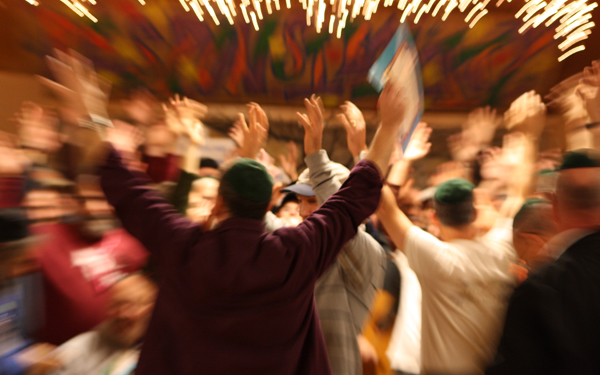Jack Cohen – The Jewish Transformation
Recently there has been a lot of discussion about the divergence of interests between the State of Israel and Diaspora Jews, particularly American Jews. This has crystallized around the dispute about access to the Western Wall, supposedly the holiest shrine in Judaism, the remnants of the Temple in Jerusalem, that was built over 2000 years ago. The Government of PM Netanyahu has reneged on an agreement to allow non-Orthodox Jews access to pray at this shrine.
But, this dispute goes even deeper, because it is part of the question of what it means to be a Jew. As I have argued before, much of the problem comes from the ambiguity of the word “Jew.” It has three meanings, it denotes a national group, an ethnic group, and a religious group. Failure to come to terms with these distinctions leads to much confusion.
Originally a Jew was someone from the Kingdom of Judea. They had a distinct national identity, a unique ethnic culture and a characteristic religion, Judaism. When their nation-state was destroyed by the Romans in 70 ce, they lost their national identity, but were kept together by the other two aspects. But, as we know, the Jews never stopped yearning for a return to their own homeland, which was a desire for a return to nationhood.
When this was accomplished after much persecution and suffering in 1948, the sovereign State of Israel was reborn. But, Jews in the Diaspora remained an ethnic and religious minority. The test is that there is a distinction between Jewish and Israeli Americans. They may share values and a religion in common, but whereas Jewish Americans remain an ethnic-religious minority, Israeli Americans are a national minority, like French, Anglo and Italian Americans. Jews still remain sui generis, their nationality remains that of their country of citizenship, not that of the sovereign Jewish State.









